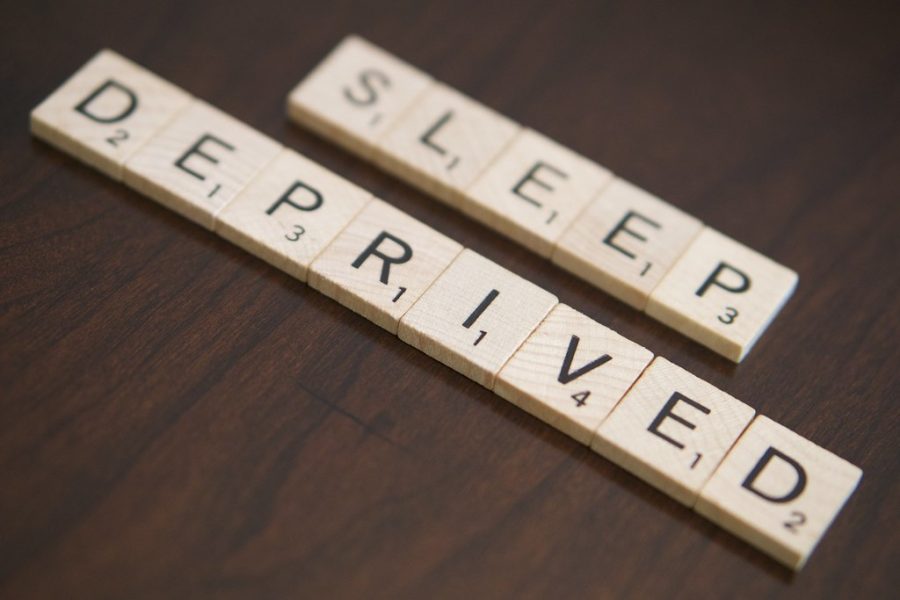Better sleep, better success
Sleep deprivation ruins students’ health
Sleep deprivation is a serious issue among students with a Healthline research study showing that 73% of high school students are not getting enough sleep.
Sleep is one of the most important processes for the body. If one has ever woken up feeling tired, groggy and completely out of their normal cycle, chances are that they are sleep-deprived. The Centers for Disease Control (CDC) recommends different amounts of sleep based on age. Children ages six through 12should get nine to 12hours of sleep every night. Teens ages 13 to19 should get eight 10 hours, and adults should receive seven or more hours.
In order to stay healthy, the body needs the right amount of sleep. If the body goes for extended periods of time with insufficient amounts of sleep, serious side effects can occur. Some side effects that can occur include, but are not limited to: excessive daytime sleepiness, reduced concentration, slower thinking, increased mood changes, a weaker immune system, a decrease of leptin production and an increase of ghrelin production.
Leptin is a hormone that tells the brain when one has had enough to eat. When someone has a decrease in leptin and an increase in ghrelin production, the hormone tells their brain that they’re hungry, increasing the chance of gaining weight.
Sleepfoundation.org explains that children who do not get enough sleep have an increased chance of metabolic irregularities. Does the amount of sleep a student gets affect his or her grades and work ethic? The answer is yes. The American Academy of Sleep Medicine (AASM) stated that there was a correlation between the amount of sleep a student gets and his or her Grade Point Average (GPA).
“Insufficient sleep among adolescents may not only contribute to lower grades and a lack of motivation, but may also increase the odds of serious levels of emotional and behavioral disturbances, including ADHD,” the AASM said.
School and the amount of work that schools provide play a huge part in how much sleep a student can get, depending on their time management. Mvorganizing.org says that high school students get an average workload of about 2.7 hours of homework per weeknight.
“I need at least six hours of sleep to feel rested, but I usually only get about four hours of sleep,” freshman Isabella Evans said.
The number of sleep students get can also be affected by sports. Sophomore James Couch does both soccer and cross country during the fall sports season. With the two overlapping sometimes, Couch can go straight from school at 2:30, cross country until 6:00 and then soccer until 8:00. He then comes home and is barraged from another three hours of school work, which leaves little to no time for family interaction and personal time. When students start school at 7:45 a.m. and have to be awake much earlier, sometimes there are not enough hours in the day.
Overall, sleep deprivation is a serious issue among students at Freedom Area High School and it is ruining their health.



